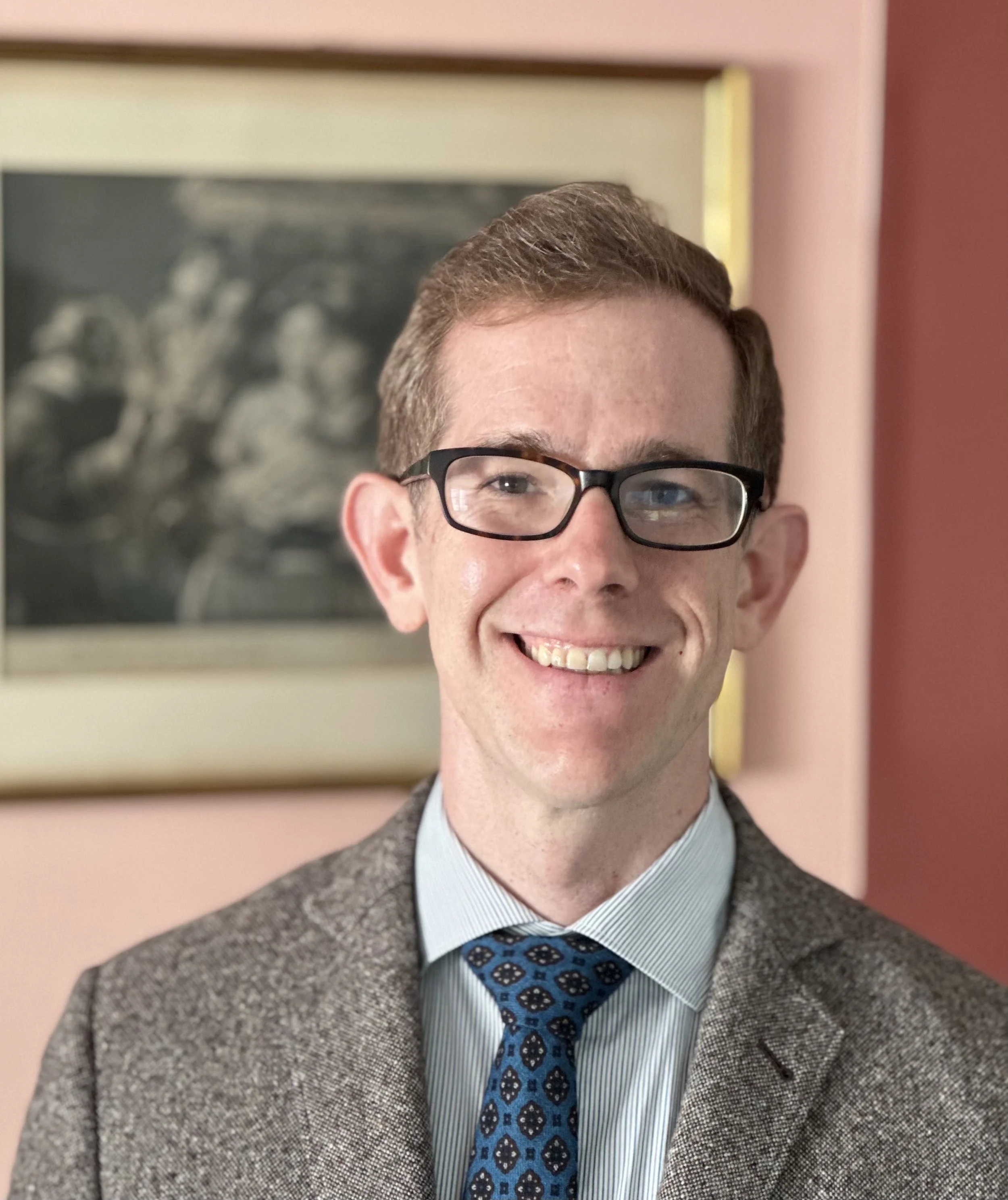Historian. Author. Editor
I am a historian of the eighteenth and nineteenth centuries and an expert on slavery and emancipation in comparative contexts. The history of the law runs through my work. I am particularly interested in the connections between enslaved people and between slave systems on a broad scale.
I look for answers in unexpected places. As a researcher, I try to imagine the kinds of relationships that existed in the past, to think about the power that defined those relationships, and then go search for the documentation that might help me see those dynamics at play. Most of all I think about the relationships that never generated documents, or the documents that were never saved. As a reader, I love to find insights from fields that are not my own, because we rarely learn new things while in our comfort zone. As a mentor and colleague I am guided by the conviction that you never know where the best idea will come from.
Career
In August 2025, I began as Editor of Book Publications at the Omohundro Institute for Early American Culture and Associate Professor of History at the College of William & Mary. In that role I work to curate scholarly conversations and support scholars who are undertaking new and cutting edge work. For the previous ten years, I taught at the University of Miami, were I was an Assistant and then Associate professor. Before Miami, I was the Patrick Henry Postdoctoral Fellow at the Johns Hopkins University. I earned my Ph.D. in 2013 from the University of Maryland, College Park, where I worked primarily with Ira Berlin and Clare Lyons. Along the way I have had a variety of other professional experiences. For one year I taught U.S. History at Sidwell Friends School in Washington D.C. I am a graduate of the institute for historical editing (“Camp Edit”) and I have worked at two documentary editing projects. I have held fellowships at the McNeil Center for Early American Studies, The Library Company of Philadelphia, The Huntington Library, The Kluge Center at the Library of Congress, the Clements Library, the Newberry Library, the Filson Historical Society and more.
Current Research
My book manuscript in progress is entitled Freedom’s Ensemble: Slavery, Abduction, and Belonging in the Atlantic World, 1750-1860. It tells the stories of free people kidnapped and sold into slavery internationally to offer a new history of emancipation in the Americas. It follows the ordeals of individuals stolen from their homes in the wake of abolition in the U.S. North, the French Caribbean, and the British Empire, tracing their forced migrations from Philadelphia to Cuba, from Sierra Leone to North Carolina, or from Barbados to Texas. It shows that international kidnapping was an endemic feature of post-emancipation societies. Numbering in the thousands, abductions constrained the scope of Black freedom across North America and the Caribbean and therefore conditioned how abolition would play out. It draws on sources held in roughly two dozen repositories across nine countries and Puerto Rico. Freedom’s Ensemble offers an entangled narrative of emancipation that moves across the U.S., French, British, and Spanish Empires, connecting local, social struggles over freedom to international debates over what societies after slavery would look like in the wider Atlantic world.


